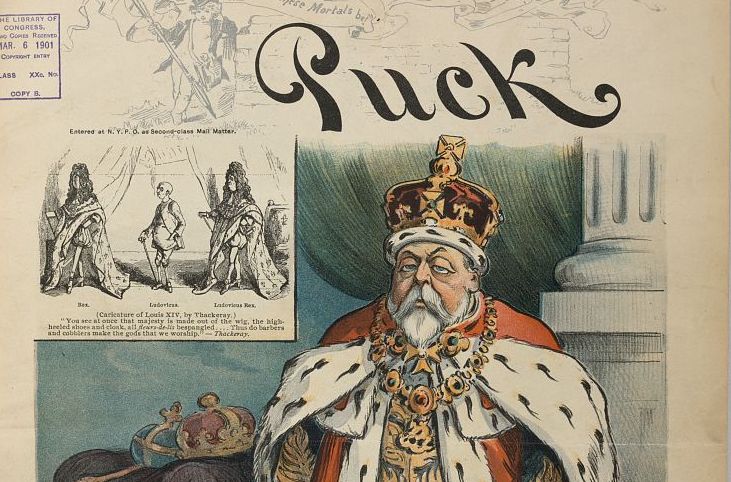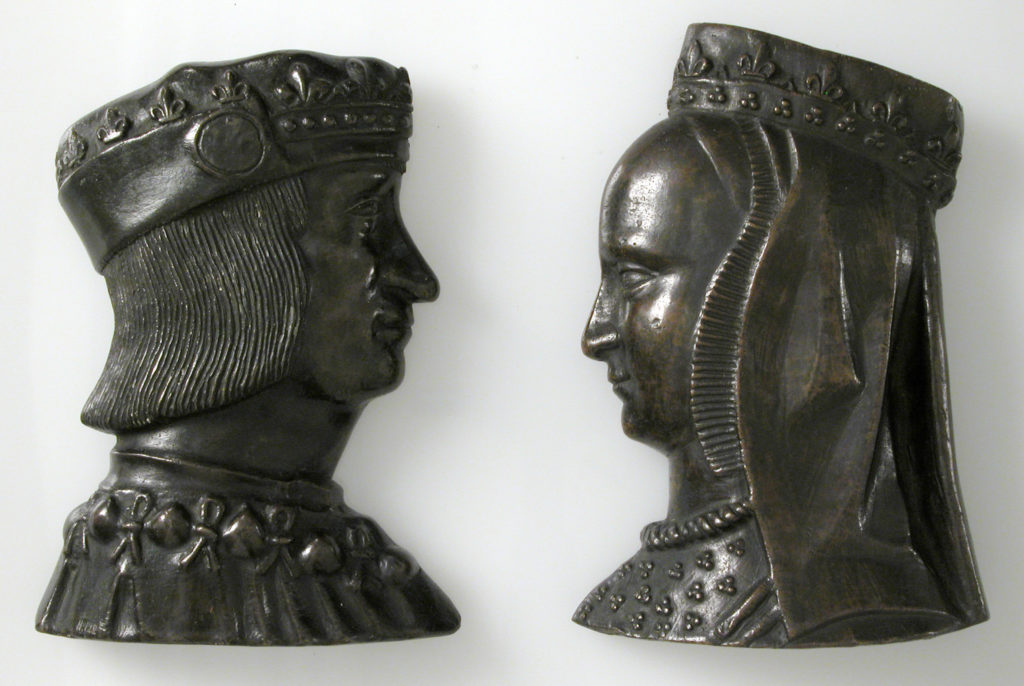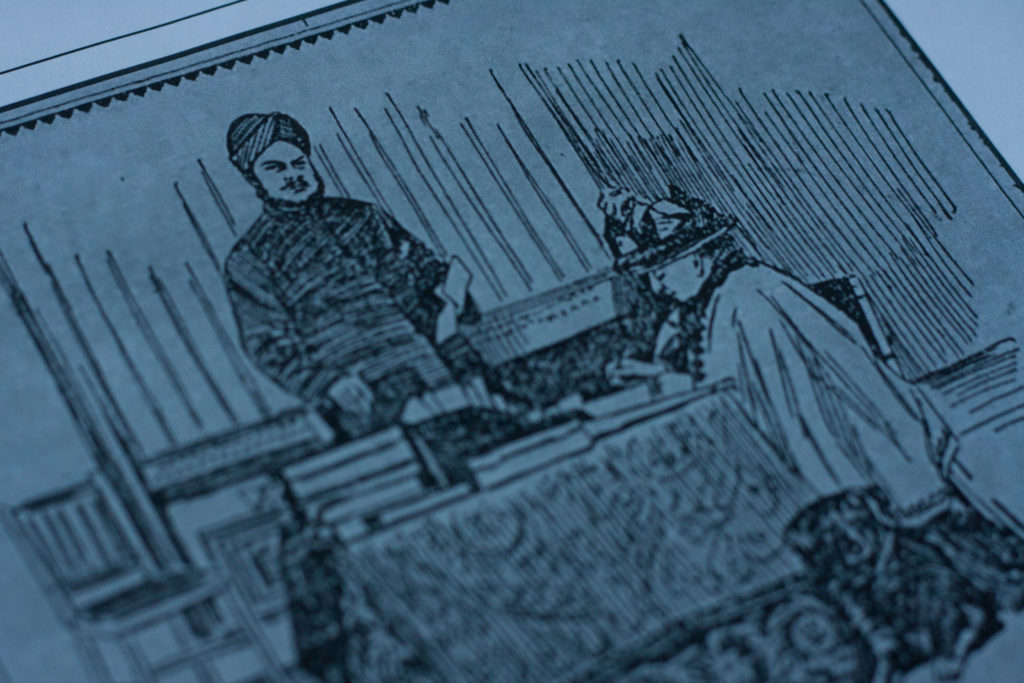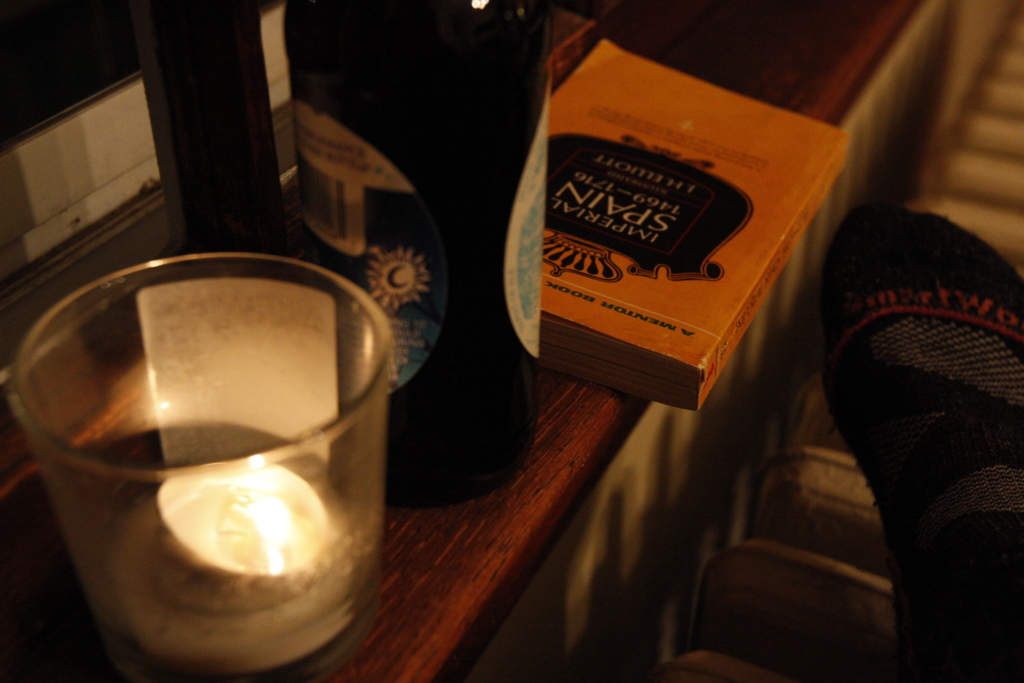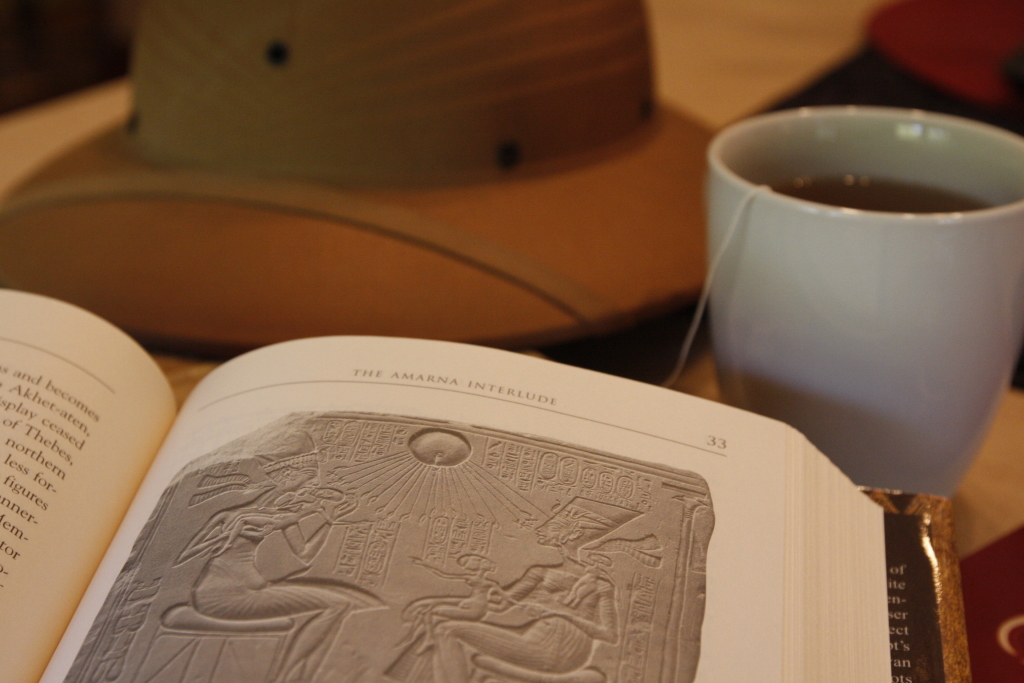Have a drink with: King Edward VII, aka “Bertie”
Sportsman, monarch, don’t mention the lobster
Ask him about: Holiday weight gain
It’s movie awards season, which means I have been trying to catch up on all the “for your consideration” titles I didn’t get to over the course of 2021. Last week I caught Spencer, in which Kristen Stewart plays Princess Diana during a tense holiday weekend with the royal family at their Sandringham estate. In the movie, as Diana arrives for the festivities she is informed by the house manager that all guests must, per the queen’s request, weigh themselves before and after the holiday on a set of antique scales. The tradition is said to have begun with King Edward VII, as a way of figuring out whether his guests had sufficiently enjoyed themselves under his hospitality – three pounds being enough gain to show that guests had properly indulged.
Do we know if this whole scale story is true? A leading royal columnist says so, and there is indeed a 19th-century jockey’s scale on display to guests at Sandringham. But the story is hard to back up to satisfaction, not least because the royals are not exactly known for publicizing their in-jokes.
But would King Edward VII (nicknamed “Bertie” within the royal family) have gone for such a practice? I’d certainly buy that he believed a minor food-baby was an appropriate measure of a good time. This is a man who was so fond of epicurean pleasures that his nickname was “Tum Tum,” and who postponed his coronation over the fallout from an epic lobster dinner.
